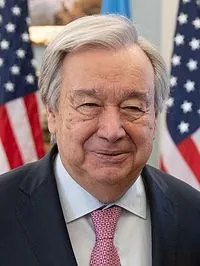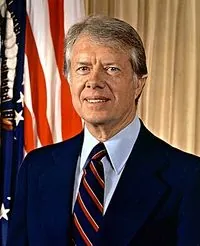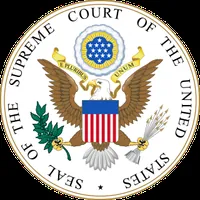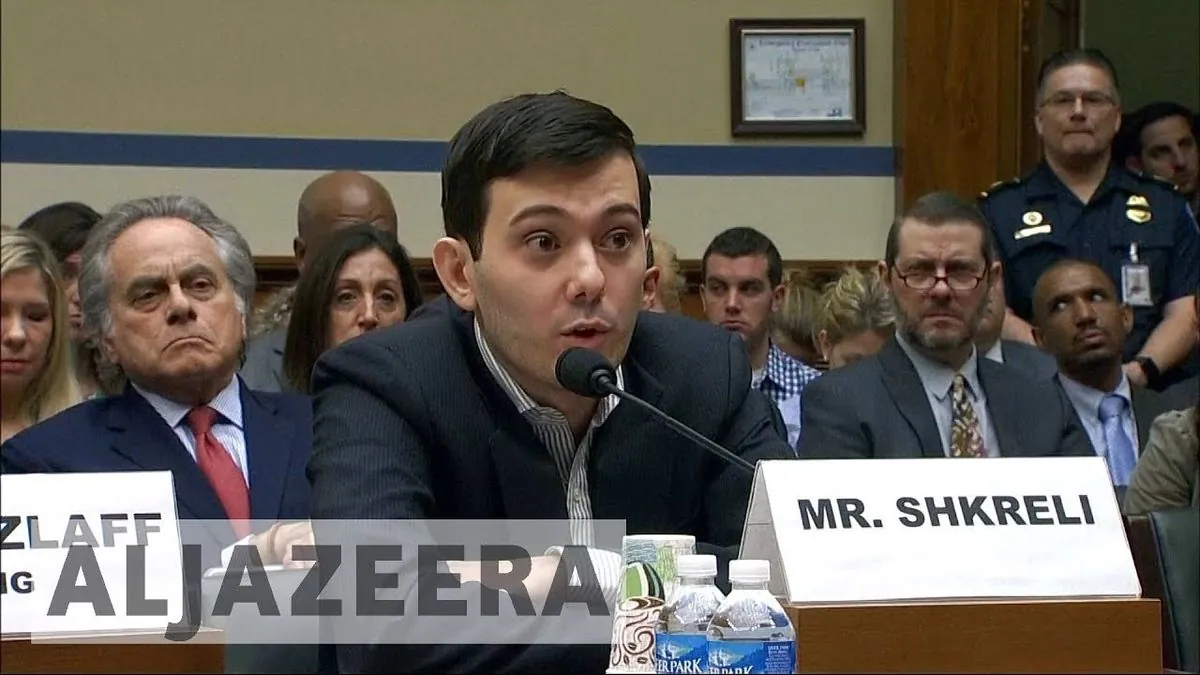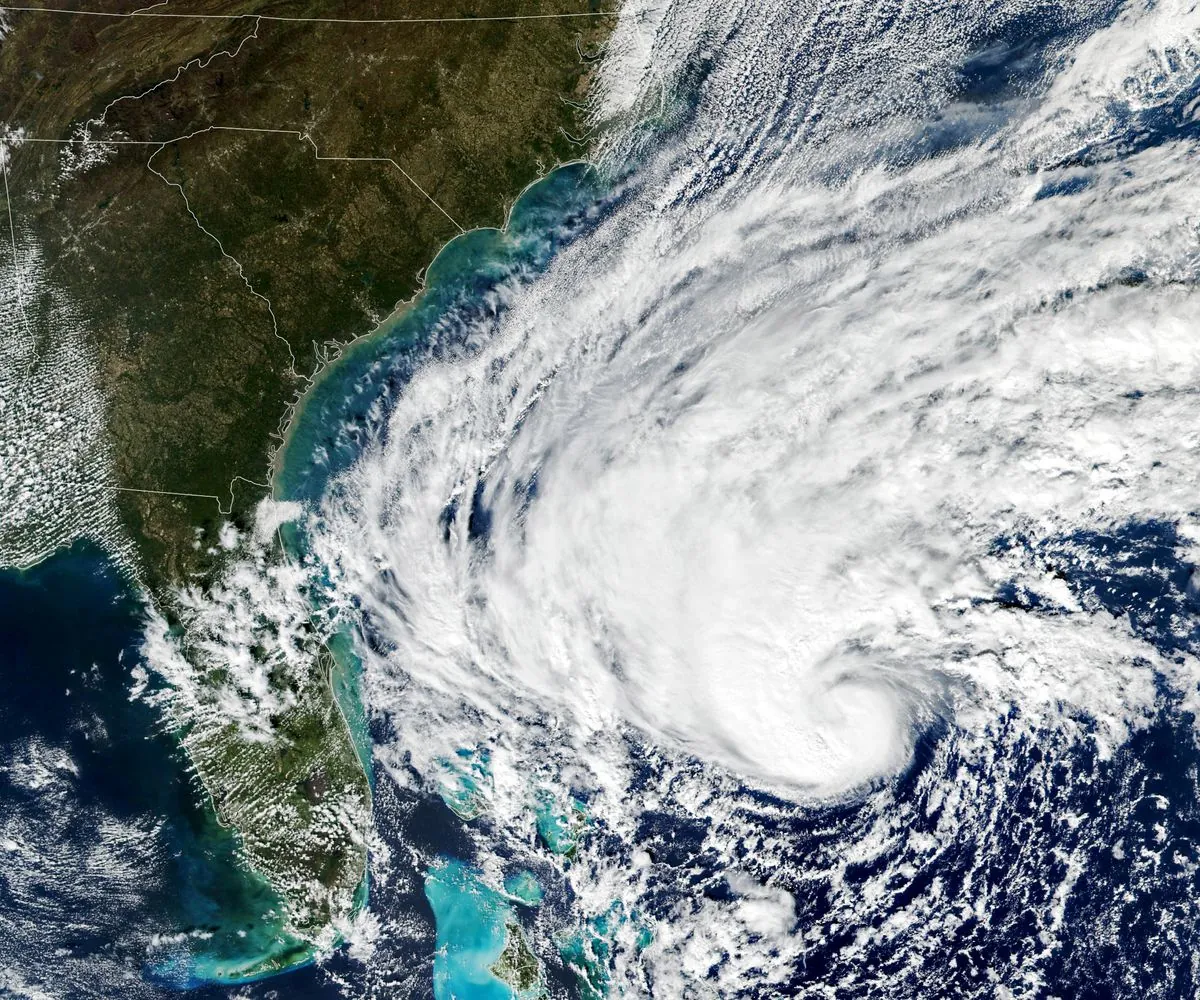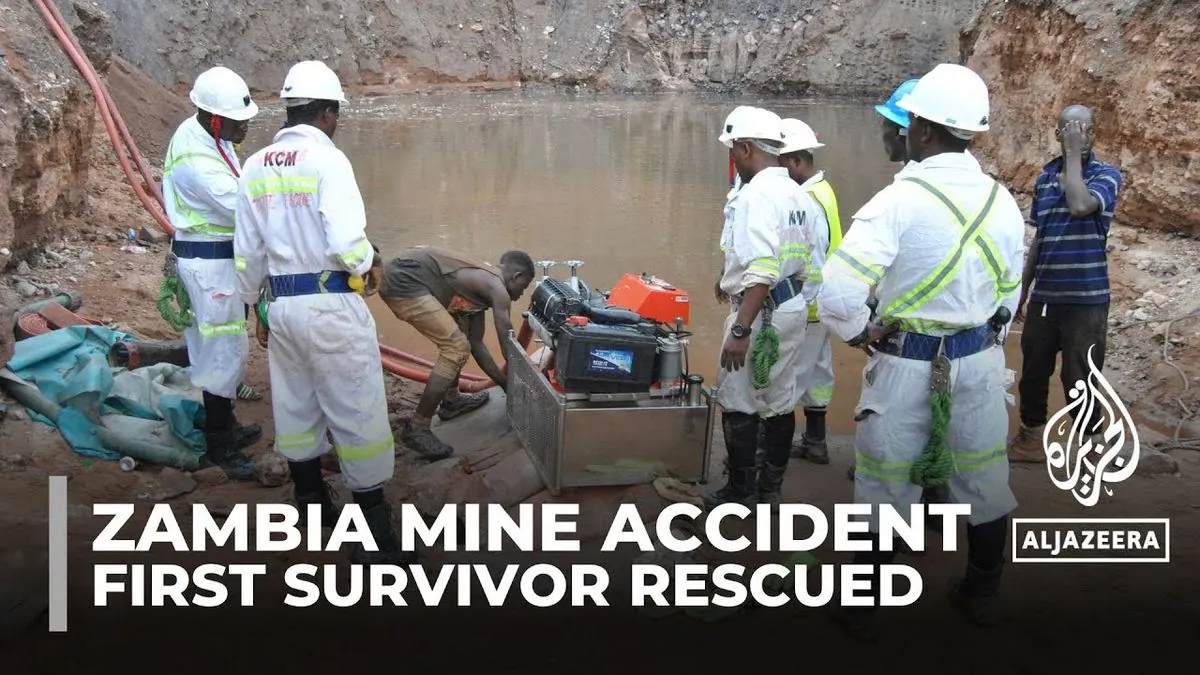Haiti's Transitional Council Faces Turmoil Amid Leadership Change
Haiti's transitional presidential council undergoes a controversial leadership change, sparking fresh uncertainty. Corruption allegations and ongoing gang violence complicate efforts to stabilize the nation.
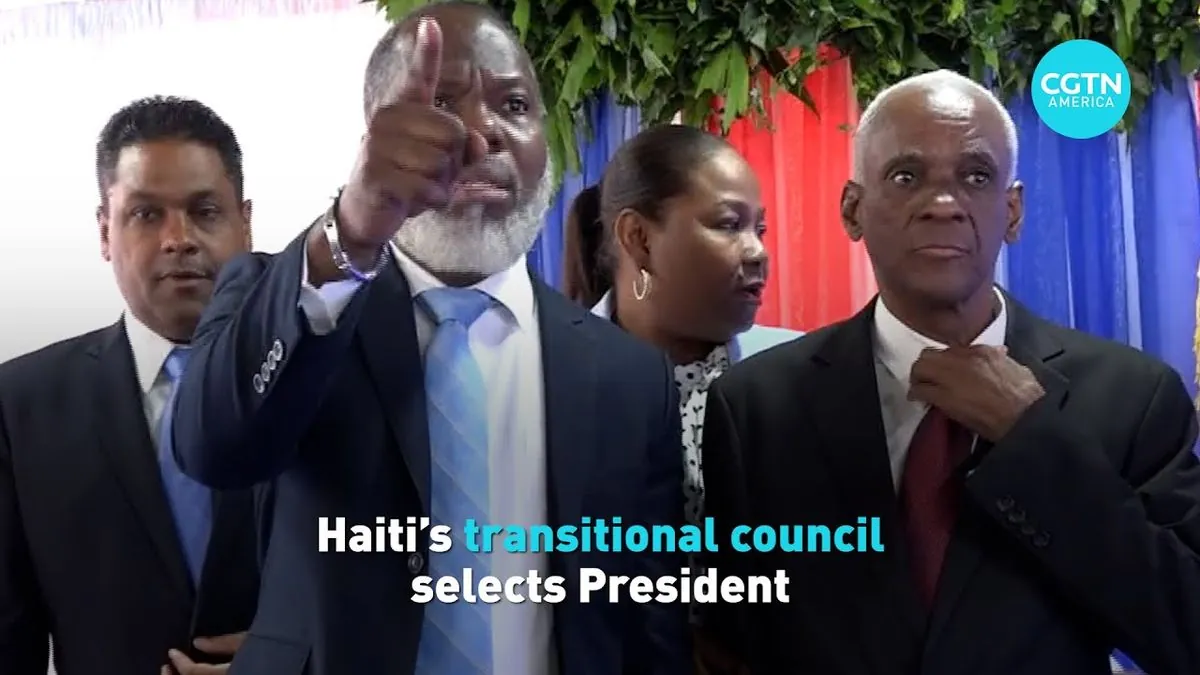
In a recent development that has intensified Haiti's political instability, the country's transitional presidential council has undergone a contentious leadership change. On October 2, 2024, architect Leslie Voltaire assumed the role of rotating president, despite opposition from the outgoing president, Edgard Leblanc Fils.
The transition has been marred by controversy, with Leblanc Fils refusing to sign the decree ratifying the move. His resistance stems from unresolved corruption accusations against three council members who remain active participants in the voting process. This rift within the council has created fresh uncertainty in a nation already grappling with severe challenges.
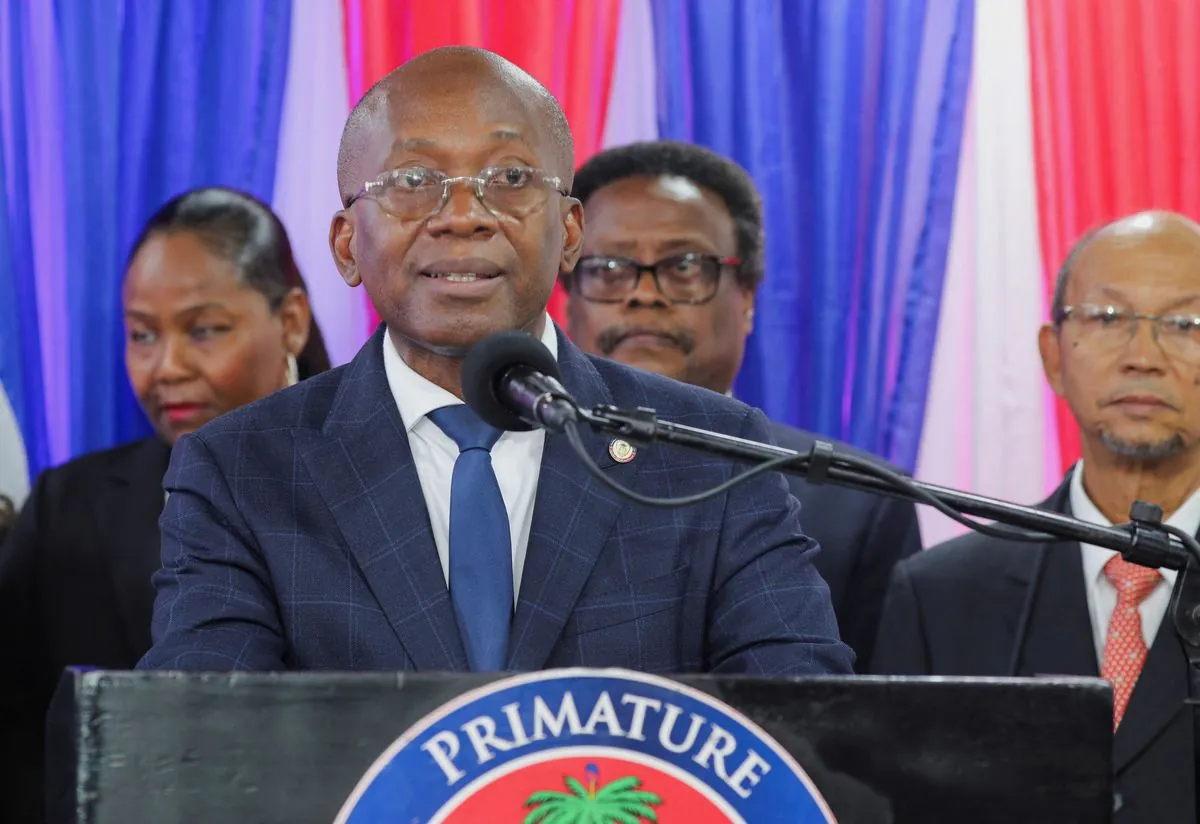
Haiti, the first independent black republic established in 1804, has long struggled with political instability and economic hardship. As the poorest country in the Western Hemisphere, with a GDP per capita of around $1,200, Haiti faces numerous obstacles in its path to stability and prosperity.
The transitional council, formed in April 2024 after extensive negotiations between various political and civil alliances, was tasked with selecting a prime minister and exercising certain presidential powers until conditions allow for new elections. However, recent events have cast doubt on the council's effectiveness.
"Under my presidency the transitional presidential council will consolidate its gains and structures to work with more efficiency and transparency. Haitian people have enough of violence, of lies and of corruption. We must forget our personal interests and prioritize those of the nation."
The corruption allegations that have sparked this controversy involve three council members: diplomat Smith Augustin, politician Louis Gerald Gilles, and former judge Emmanuel Vertilaire. Haiti's anti-corruption unit has recommended legal action against these individuals, accusing them of accepting credit cards and requesting nearly $770,000 from the chairman of a state-run bank. All three have denied the charges.
This political turmoil comes at a particularly challenging time for Haiti. In late September 2024, the country witnessed a devastating gang massacre that claimed at least 70 lives, highlighting the ongoing security crisis. Prime Minister Garry Conille has been seeking international security assistance to address the escalating violence.
Haiti's struggles with gang violence have had far-reaching consequences. Over 700,000 people have been forced from their homes, exacerbating an already dire humanitarian situation. The country's vulnerability to natural disasters, including hurricanes and earthquakes, further complicates recovery efforts.
The transitional council was established to replace the government of former Prime Minister Ariel Henry, who stepped down in January 2024 amid intensifying gang conflicts. The new administration hopes to hold the country's first elections since 2016 next year, provided sufficient security can be restored.
However, the path to elections remains fraught with challenges. Gangs have expanded their territories in recent months, displacing hundreds of thousands more people and worsening a hunger crisis. International support, long delayed, continues to lag behind the urgent needs of the Haitian people.
As Haiti grapples with these multifaceted challenges, the country's rich cultural heritage and resilient spirit remain evident. From its unique Vodou flags to its vibrant musical traditions like kompa and rara, Haiti's cultural identity perseveres despite adversity.
The current crisis underscores the need for unified efforts to address corruption, improve governance, and restore security in Haiti. As the nation with the highest rate of brain drain in the world, retaining educated professionals and fostering economic development will be crucial for long-term stability and progress.













